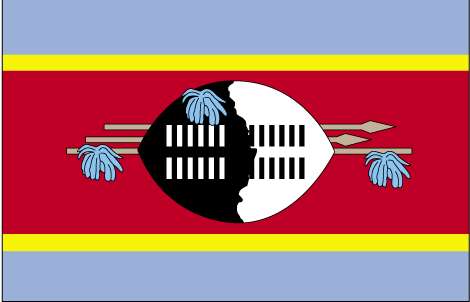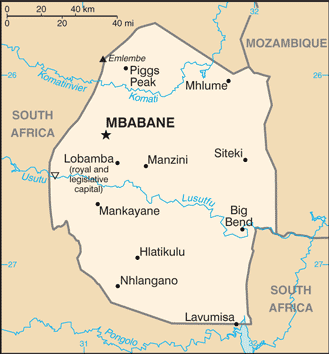Investing in Swaziland


In this small, landlocked economy, subsistence agriculture occupies approximately 70% of the population. The manufacturing sector has diversified since the mid-1980s. Sugar and wood pulp were major foreign exchange earners; however, the wood pulp producer closed in January 2010, and sugar is now the main export earner. In 2007, the sugar industry increased efficiency and diversification efforts, in response to a 17% decline in EU sugar prices. Mining has declined in importance in recent years with only coal and quarry stone mines remaining active. Surrounded by South Africa, except for a short border with Mozambique, Swaziland is heavily dependent on South Africa from which it receives more than nine-tenths of its imports and to which it sends 60% of its exports. Swaziland's currency is pegged to the South African rand, subsuming Swaziland's monetary policy to South Africa. The government is heavily dependent on customs duties from the Southern African Customs Union (SACU), and worker remittances from South Africa substantially supplement domestically earned income. The government has also legislated that 30% of local pension funds need to be invested in Swaziland, boosting demand for government bonds. Customs revenues plummeted due to the global economic crisis and a drop in South African imports. The resulting decline in revenue has pushed the country into a fiscal crisis. The government has requested assistance from the IMF and from the African Development Bank. With an estimated 40% unemployment rate, Swaziland's need to increase the number and size of small and medium enterprises and attract foreign direct investment is acute. Overgrazing, soil depletion, drought, and floods persist as problems for the future. More than one-fourth of the population needed emergency food aid in 2006-07 because of drought, and more than one-quarter of the adult population has been infected by HIV/AIDS.
Central Bank of Swaziland - http://www.centralbank.org.sz/
Countries that border Swaziland: South Africa | Mozambique
Learn more:
Back to Country Investing



